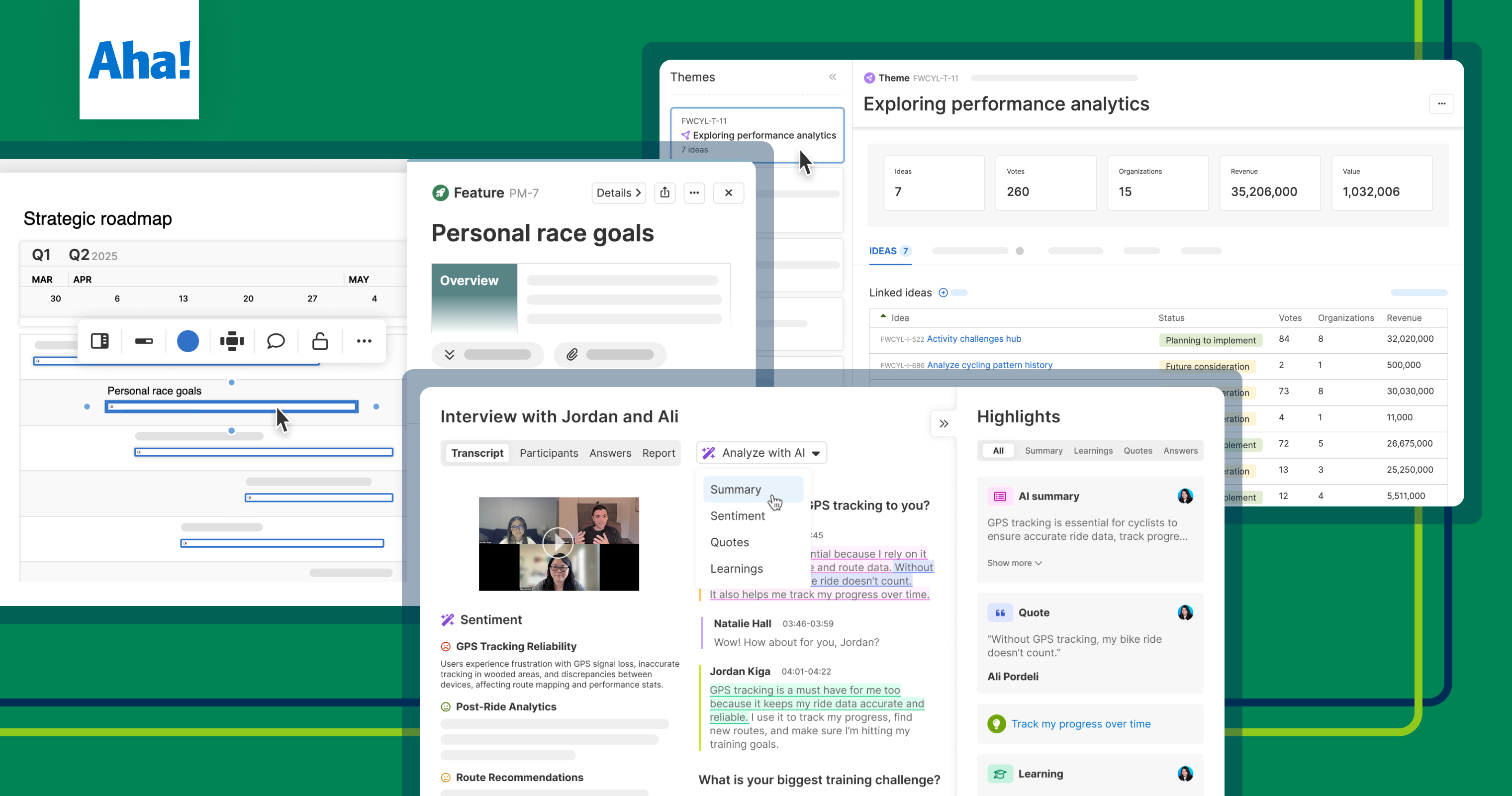I have to give an employee feedback, but I’m not allowed to share specific examples
This post was written by Alison Green and published on Ask a Manager. A reader writes: I have a new employee (Joe) who joined us three months ago in a manager role that needs to collaborate with and support other team’s workflows. His 90-day review is scheduled to be held in a couple of weeks. I have received feedback from my manager that Joe has been stepping on […]

This post was written by Alison Green and published on Ask a Manager.
A reader writes:
I have a new employee (Joe) who joined us three months ago in a manager role that needs to collaborate with and support other team’s workflows. His 90-day review is scheduled to be held in a couple of weeks.
I have received feedback from my manager that Joe has been stepping on a couple of our colleagues’ toes and is being a little too aggressive, veering into unprofessional territory with them. The two people reporting concerns are on a team that Joe needs to work very closely with and have a good relationship with to be successful in his role. One is a peer to him and another is a peer with me.
Some of the feedback is related to the boundaries of his role and responsibilities, and some is about approaching things more softly and assuming good intent. In previous roles, he managed a team and was responsible for the same work this other team does, but now at a larger organization his role is more of a collaborator and advisor; while he could advise on best practices, team leads will make the call in their domains of responsibility on how things work, not him.
I received a handful of specific examples of things that upset the team leads, but have been told by my boss (in consultation with my peer) that I can’t share the source of the feedback and specifics, and instead should review and clarify his role and responsibilities. I’ve already made the case that I need to share specifics since a good working relationship with this team is critical for their success in the role and got a no. She is concerned that if I tell him where the feedback from, it will sour his relationship with those people moving forward.
My perspective is that without receiving specific feedback they are likely to continue upsetting the other team and create irreparable tension. I don’t think this will set him up for success in navigating his relationship with this team, will likely dilute the message, and will perhaps cause him to be paranoid about who is sharing feedback. I don’t even think I will be able to say “I’ve received feedback but can’t share the source” and then share generic versions of the examples; I’m sure if I shared generic examples of how to approach things (“if someone misses a meeting you scheduled…”) Joe would be able to figure out the source so I’m feeling stuck.
I could frame this as my own observations, but I have only one direct observation of a time when he could have approached things more softly.
Yeah, your boss is doing a disservice to everyone, but especially to Joe.
“I heard feedback but can’t tell you specifics or who it’s from” is likely to make Joe paranoid about who has complained about him, and it also hamstrings you in your ability to give him the very clear and direct coaching that sounds like it’s needed (because you can’t cite those specific examples to illustrate what you mean).
Just “reviewing his role and responsibilities” may or may not get you anywhere. I imagine you already went over his role and responsibilities when bringing him on-board, so there’s no reason to think that reviewing that now will change anything significantly — and frankly, it risks making him confused or anxious because it’ll be clear something isn’t going quite right but he won’t know what. You need to be able to talk in specifics about where he’s calibrating wrong — where he needs to pull back or operate differently.
Any chance there’s a way for you to do that without citing real-life examples? This isn’t ideal, but in your shoes I’d probably approach it as: “From observing and talking to people, there are a few areas I want to clarify that you should approach differently. You’re here to collaborate and advise, but the team leads are the ones who make the final calls on things like ___. I know in the past you were responsible for managing that work yourself, so this is a change. It means you should do X instead of Y.”
That might be enough, if you’re lucky! But if Joe asks for more specifics about where this is coming from, you could say, “This isn’t normally the way I like to give feedback but in this case it was shared with me in confidence. I don’t think that’s particularly useful or fair, and I will push for it not to happen that way in the future. My understanding is that the people who raised the issue are confident you can excel in this role and don’t want to cause tension, but also wanted to make sure I’ve been clear enough with you on the boundaries of the role.” That’s not ideal, but it might be the closest you can get, given the constraints you’re working with.
Since you haven’t observed much of this yourself, you should also be deliberate about creating more opportunities where you will be able to spot how Joe is interacting with people, so that you’re more equipped to give feedback from your own firsthand observations. Not only will that make this all much easier if it has to be addressed again, but it’s smart to be doing after receiving this kind of feedback anyway, so that you can see for yourself what’s going on and where he might need additional coaching.
But also, revisit the topic with your boss if possible so that you’re not hamstrung this way in the future. In doing that, focus less on the risk of making Joe paranoid and more on the fact that effective feedback has to be specific — that you can’t coach him without being able to speak in concrete terms about what needs to change — and that if she’s concerned about it souring his relationships with the people who gave the feedback, that’s something you can address with him as his manager as well (starting with how you frame it, but also by watching for poor reactions from him and addressing it head-on if you spot that).




































































































![Building A Digital PR Strategy: 10 Essential Steps for Beginners [With Examples]](https://buzzsumo.com/wp-content/uploads/2023/09/Building-A-Digital-PR-Strategy-10-Essential-Steps-for-Beginners-With-Examples-bblog-masthead.jpg)





![How One Brand Solved the Marketing Attribution Puzzle [Video]](https://contentmarketinginstitute.com/wp-content/uploads/2025/03/marketing-attribution-model-600x338.png?#)






























